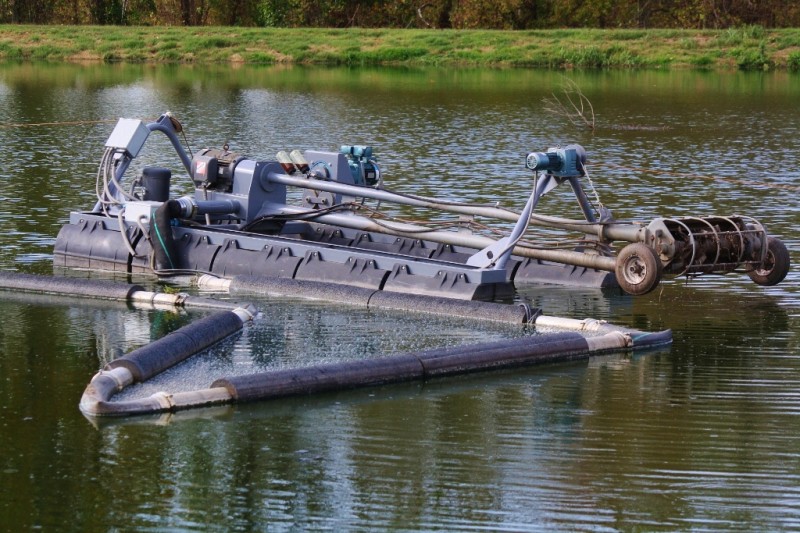After 25 years, the 5 MGD wastewater treatment facility serving the City of Natchez experienced frequent mechanical failures, emergency operational changes and system upsets. Major repairs and replacements were needed immediately in the aeration, clarifier, influent screw pump and electrical systems, and the Mississippi Department of Environmental Quality issued an Agreed Order to implement disinfection within the year. WGK, Inc., worked hand-in-hand with the operating staff to identify the components in need of critical repair or replacement, preparing contract documents and receiving bids for the complex overhaul.
After WGK, Inc., oversaw the repairs made to in Phase One, Natchez Water Works called on the firm to perform a full evaluation of its operations for the future. WGK produced a list of recommended improvements, cost analyses and funding sources. Natchez Water Works prioritized the recommendations made by WGK and currently uses the report to develop schedules to meet the entity’s most urgent needs.
A third phase of WGK updates to the plant saw the facility go “green.” Now, instead of paying to have accumulated sludge trucked away, the facility uses large solar dryers—“greenhouses”—to dry the material and convert it to a Class A Exceptional Quality Bisolids that can be used by city grounds crews or as an agricultural soil supplement. Natchez was paying $230 per dry ton for loading, hauling and land-applying the liquid biosolids, and it now uses less than $12 per ton of power to press and dry the sludge. The facility was also updated with new flow-controlled pumps that eliminated 21,000 kwh per month, resulting in a net monthly electrical savings of more than $1,000. The project was classified as “green” by the Mississippi Department of Environmental Quality, allowing 85 percent capital cost forgiveness. Operational savings total $100,000 per year.
More than 10 years after the first upgrade, WGK continues to bring processes up to date. Phase Four of the project will replace inefficient and maintenance-hungry mechanical aerators, leaking aerobic digester piping, inadequate lighting in the clarifier basements and the old storage building. The updates in Phase Four will ensure the plant continues to operate effectively, reduce the amount of electricity use and be poised to meet anticipated changes in discharge permit requirements.
- Design and construction administration of all repairs, new disinfection system and clarifier weir cleaning system.
- Developed cost estimates for primary and secondary improvements, ranging from the addition of fine screening at the headworks to the replacement of the operations building’s roof.
- Design and construction administration for the Installation of fine influent screen, sludge dredge and three-belt press, live bottom trailer, equalization tank, press building and equipment and two Parkson Thermo-System Solar Dryers.
- Sensory system that monitors and maintains environmental conditions.
- Automatic “mole” robot controlled by system that turns and stirs material.
- Design and construction administration for the installation of new diffusion system in aeration basins, new diffusion system in aerobic digesters, six 75 horsepower blowers and control equipment for aeration basins, three blowers and control equipment for aerobic digesters, one 1,800 square-foot storage building.
- Total Phase I-IV Project Cost: $8.1 million
New wastewater treatment standards are here…
The release of new wastewater discharge permit limits next year could require extraordinary changes for smaller Mississippi towns operating treatment lagoons, while larger cities’ mechanical plants may also need some upgrades to meet the new restrictions.
The Mississippi Department of Environmental Quality (MDEQ) is developing water quality standards for nutrients in order to meet court-mandated environmental reforms authorized decades ago by the federal Clean Water Act of 1972, but not fully implemented. The new regulations will require wastewater treatment systems to meet total nitrogen and total phosphorous limits for the first time, and could render some lagoons and plants obsolete overnight.
If you are unsure of how new nutrient standards will affect wastewater treatment in your city, town or industry, WGK can chart a course for your facility’s future. Call Greg Gearhart, PE, BCEE, CEE at 601-925-4444 for an assessment of your treatment operation.



